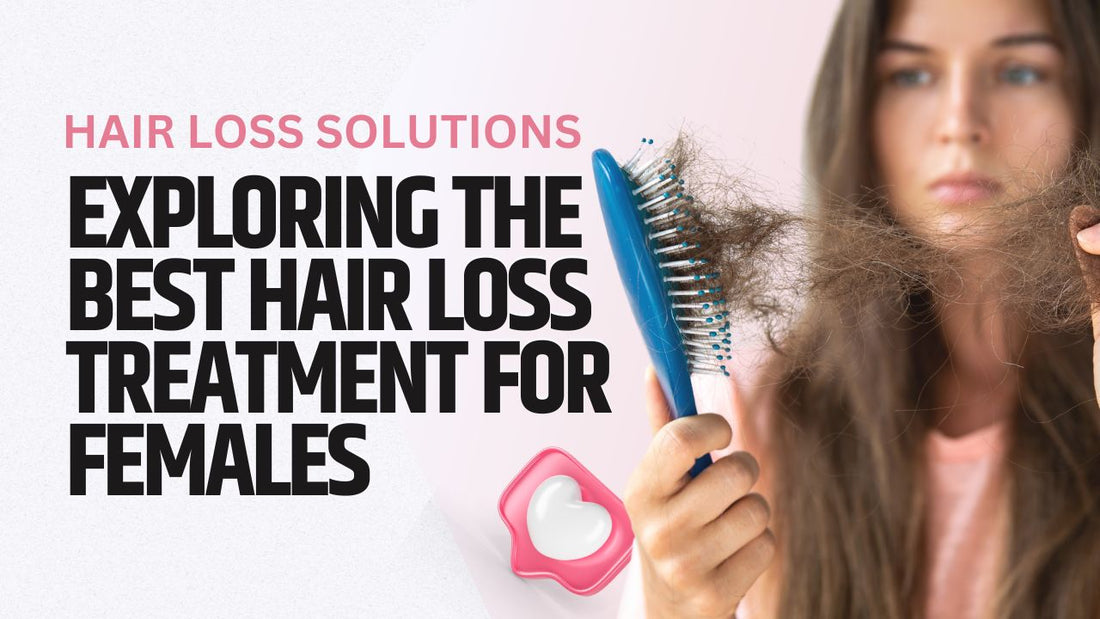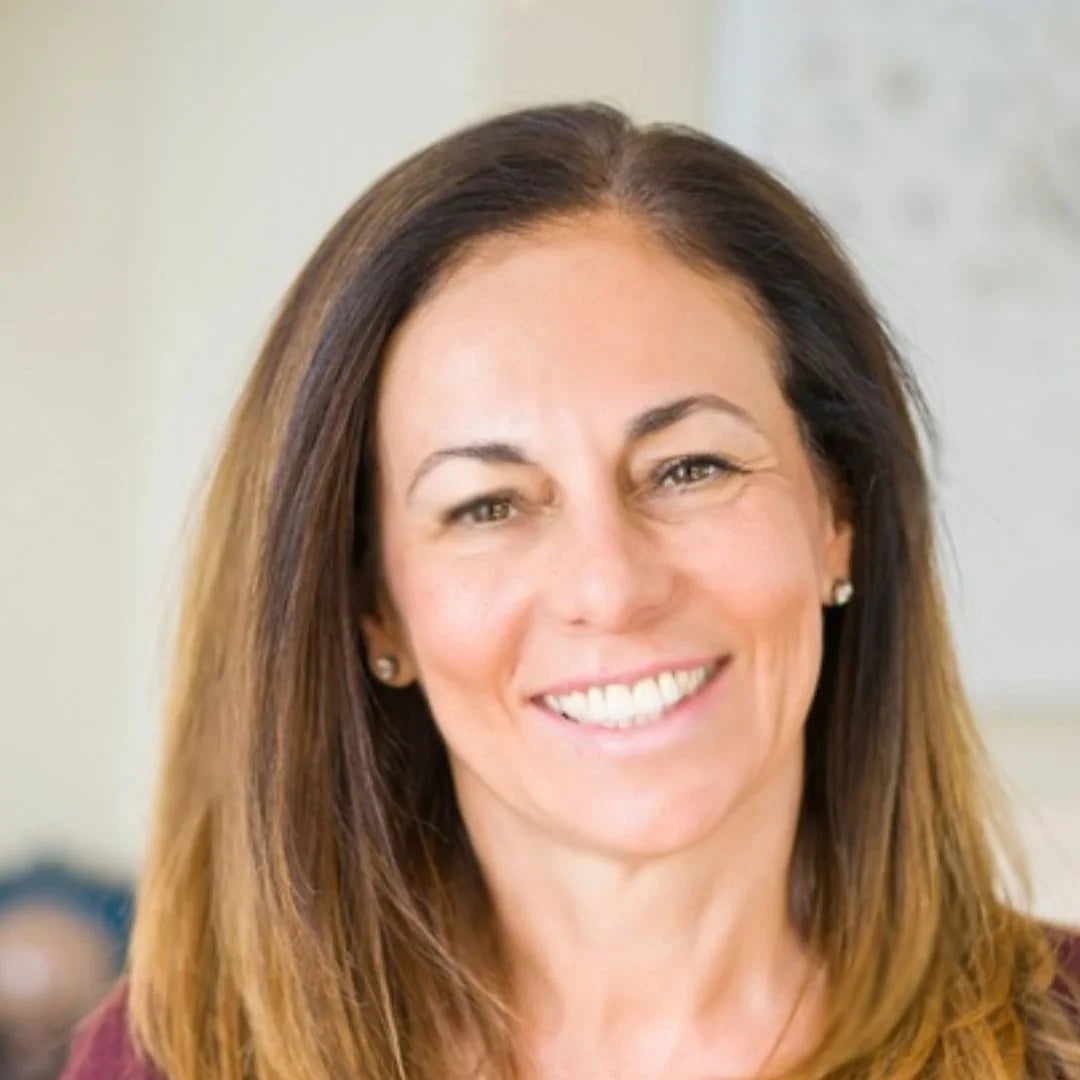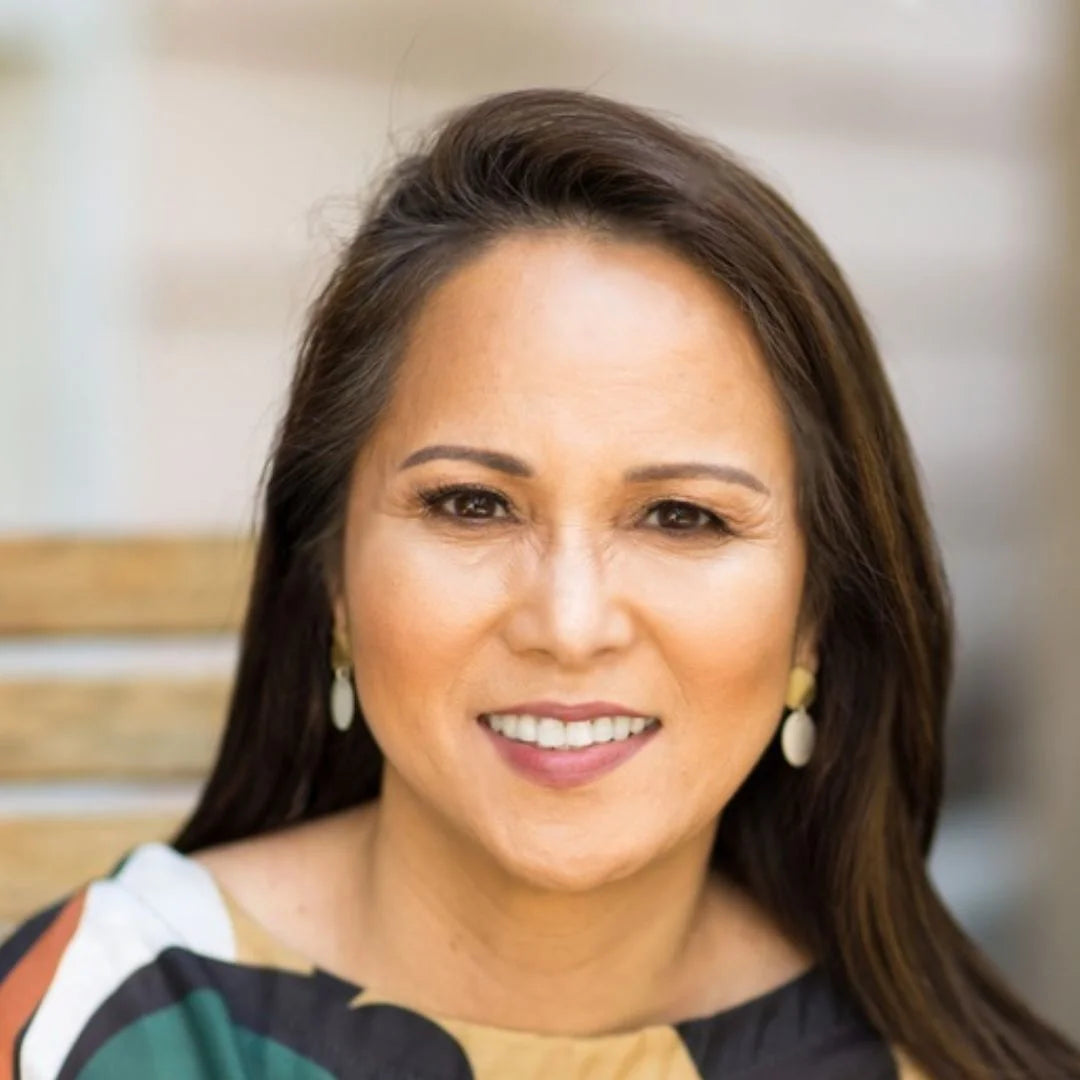
Exploring the Best Hair Loss Treatment for Females
Share
Introduction: Addressing Female Hair Loss
Hair loss is a widespread concern that deeply impacts females, affecting self-esteem and overall well-being. In this comprehensive guide, we'll delve into female hair loss treatments, aiming to offer a comprehensive understanding of available options and their effectiveness.

Embarking on the journey to find the best hair loss treatment for females is complex, considering both physical and emotional aspects. Thinning hair or receding hairlines can significantly affect self-confidence. Our focus is on exploring various treatments to empower informed decisions for hair revitalization.
Navigating through the landscape of female hair loss treatments, we'll explore proven strategies, medical interventions, and natural remedies to guide you toward the best hair loss treatment for females. This understanding ensures informed choices tailored to your unique circumstances.
Addressing hair loss is about reclaiming self-assurance and embracing authenticity. The diverse treatments we explore underscore the commitment to providing a comprehensive resource for informed decisions regarding the best hair loss treatment for females.

Throughout, we emphasize the holistic nature of addressing hair loss in females, linking hair health with overall well-being. By understanding the interplay between physical health, emotional well-being, and aesthetic aspirations, you can navigate the journey toward hair revitalization with empowerment.
In essence, this guide serves as an ally in pursuing the best hair loss treatment for females. Equipped with knowledge and insights, you can confidently explore medical interventions, natural remedies, and combinations thereof aligned with your needs and aspirations. Our aim is to empower you on your path to healthier, fuller hair.
The Female Hair Loss Landscape
Understanding female hair loss requires distinguishing it from male pattern baldness. Female pattern hair loss usually presents as diffuse thinning over the crown, while men often experience receding hairlines. The underlying causes, such as genetics, hormones, and environmental factors, differ between genders.
As females experience hair loss, it's essential to recognize that it can be a sensitive issue impacting self-confidence and emotional well-being. Addressing this concern with empathy and understanding is crucial for effective treatment strategies.

Factors to Consider Before Choosing a Treatment
Before embarking on a treatment journey, identifying the root cause of hair loss is essential. Genetic predisposition, hormonal imbalances, and lifestyle factors can all play a role. By pinpointing these factors, individuals can tailor their approach for better outcomes.
Considerations such as age, overall health, and medical history are vital when selecting a treatment. Consulting with a dermatologist or hair specialist can provide personalized insights and recommendations based on individual circumstances.

Medical Hair Loss Treatments
A. Topical Treatments
Minoxidil, available over the counter, is a widely used topical treatment that stimulates hair follicles. For females, choosing the appropriate strength is crucial. Regular application is necessary for sustained results.
B. Prescription Medications
Spironolactone, initially designed as a blood pressure medication, has shown promise in treating hair loss. Other prescription options like oral contraceptives and anti-androgen medications also offer potential benefits, often by addressing hormonal imbalances.

Prescription medications should be taken under the guidance of a medical professional, due to their potential side effects. Monitoring and regular follow-up appointments are essential for effective management.
Natural Remedies for Female Hair Loss
A. Essential Oils
Rosemary oil, known for its hair growth potential, can be massaged into the scalp to enhance blood circulation. Lavender oil, with its calming properties, helps maintain a healthy scalp environment.
B. Nutritional Supplements
Biotin, a B vitamin, is a popular supplement believed to promote hair growth. Vitamins like A, C, and E, along with minerals like zinc and iron, also contribute to hair health.
Natural remedies provide a holistic approach to hair care, often focusing on nourishing the body from within. However, consulting with a healthcare professional before starting any supplements is recommended.
Hair Care Practices to Support Growth
A. Scalp Care
Maintaining a clean and balanced scalp is essential for optimal hair growth. Regular exfoliation and gentle massage help stimulate follicles and improve blood flow.
B. Hair Care Products
Selecting sulfate-free and paraben-free shampoos and conditioners can prevent further damage. Ingredients like keratin and collagen can strengthen hair strands.
Adopting a proper hair care routine is integral to supporting hair health. Avoiding excessive heat styling and protecting hair from environmental stressors also contribute to maintaining strong and vibrant hair.
Lifestyle Changes to Enhance Hair Health
A balanced diet rich in proteins, omega-3 fatty acids, and antioxidants can positively impact hair health. Managing stress through relaxation techniques and physical activity also plays a crucial role.
Maintaining a healthy lifestyle benefits overall well-being and reflects positively on hair health. Adequate hydration, quality sleep, and reduced exposure to stressors contribute to the vitality of both body and hair.

Platelet-Rich Plasma (PRP) Therapy
PRP therapy involves drawing a patient's blood, processing it to concentrate platelets, and injecting the platelet-rich plasma into the scalp. This promotes hair growth by stimulating follicles.
PRP therapy offers a cutting-edge solution that taps into the body's natural healing mechanisms. As platelets contain growth factors, they aid in rejuvenating the scalp and supporting hair regrowth.
Low-Level Laser Therapy (LLLT)
LLLT involves the use of devices emitting low-level laser light to stimulate hair follicles. This non-invasive method can improve hair density and overall hair quality.
LLLT harnesses the power of light to stimulate cellular activity in hair follicles. It's a painless procedure that can be performed in clinical settings or even used at home with specialized devices.
Hair Transplantation
Hair transplantation, while less common among females, can be effective for certain cases.Surgeons use FUE techniques to transplant healthy hair follicles from donor areas to thinning regions
FUE offers a minimally invasive approach to hair transplantation, ensuring natural-looking results. Female candidates should consult experienced surgeons to assess suitability and expectations.
Proactive Rosemary Hair Booster Oil: A Natural Solution
Introducing Proactive Rosemary Hair Booster Oil, a natural solution harnessing the power of rosemary and other botanical ingredients. This oil penetrates the scalp, nourishing follicles and promoting healthy hair growth.
Proactive Rosemary Hair Booster Oil stands as a testament to the potential of natural remedies. Enriched with the goodness of rosemary, it's a convenient and user-friendly option for those seeking a holistic approach to hair growth.
Nourishing Blend for Hair Wellness
The ProActive Rosemary Hair Booster Oil is enriched with a blend of natural ingredients that are carefully chosen for their benefits in promoting healthy hair growth and overall hair wellness. These ingredients include:
- Grape Seed Oil: Provides essential nutrients to nourish hair and scalp.
- Castor Seed Oil: Supports hair growth by stimulating hair follicles.
- Macadamia Seed Oil: Offers deep moisturization for softer hair.
- Jojoba Seed Oil: Balances scalp oil production and nourishes hair.
- Lavender Oil: Soothes the scalp and reduces stress-related hair loss.
- Ginger Root Oil: Enhances blood circulation for better hair growth.
- Tea Tree Leaf Oil: Maintains a healthy scalp environment.
- Peppermint Oil: Stimulates hair follicles and adds a refreshing sensation.
- Rosemary Leaf Oil: Promotes hair thickness and growth.
- Bisabolol: Derived from chamomile, it calms the scalp and supports hair health.
These natural ingredients work together to provide a gentle and effective solution for promoting strong, vibrant, and healthy hair without the need for harsh chemicals or pharmaceutical drugs.
Consultation and Professional Guidance
Before committing to a treatment, consulting dermatologists or hair specialists is crucial. Professionals can provide personalized insights and recommend suitable treatments based on individual needs.
By seeking professional guidance, you can ensure that treatments are tailored to your specific concerns and needs. Medical experts provide valuable input on both conventional and innovative treatment options.
Real Success Stories
Hearing from individuals who have successfully addressed hair loss can provide encouragement and inspiration. Each journey is unique, highlighting the importance of tailored treatments.
Real success stories serve as motivation for those seeking effective solutions. These stories demonstrate that with the right approach and determination, positive outcomes can be achieved.

Common Myths and Misconceptions
Dispelling misconceptions about hair loss is essential. Clearing up misunderstandings ensures that individuals make informed decisions about their treatment journey.
Addressing myths and misconceptions promotes accurate information. It empowers individuals to make well-informed choices while avoiding unnecessary anxiety or confusion.
The Right Time to Seek Treatment
Recognizing the early signs of hair loss is key. Seeking treatment sooner rather than later can lead to better results and prevent further hair thinning.
Understanding when to take action is critical. Early intervention offers better chances of halting or slowing down hair loss, making timely treatment decisions paramount.
Summary and Actionable Steps
In summary, understanding female hair loss and exploring effective treatments empowers women to take control of their hair health. Tailoring treatments, seeking professional guidance, and adopting a holistic approach contribute to positive outcomes.
Offering a comprehensive overview, the guide equips individuals with actionable steps. Implementing these steps ensures a proactive approach towards maintaining healthy and vibrant hair.
Frequently Asked Questions (FAQs)
What is the best hair treatment for women's hair loss?
The best hair treatment for women's hair loss depends on the cause of the hair loss. If the hair loss is caused by a medical condition, such as an autoimmune disease, the treatment will focus on addressing the underlying condition. If the hair loss is caused by genetics or hormonal changes, there are a number of medications and treatments that can help to stimulate hair growth.
How can a woman stop hair loss fast?
There is no one-size-fits-all answer to this question, as the best way to stop hair loss fast will vary depending on the cause of the hair loss. However, some general tips that may help include:
- Treating any underlying medical conditions that may be causing the hair loss.
- Using medications or treatments that have been shown to be effective for hair loss.
- Making lifestyle changes that can help to promote hair growth, such as eating a healthy diet, exercising regularly, and reducing stress levels.
Can female hair loss grow back?
Whether or not female hair loss can grow back depends on the cause of the hair loss. A medical condition, such as an autoimmune disease, may cause temporary hair loss that can be reversed by treating the underlying condition. However, hair loss caused by genetics or hormonal changes is often permanent. Moreover, there are a number of treatments that can help to stimulate hair growth and prevent further hair loss.
Conclusion
Choosing the best hair loss treatment for females involves a comprehensive approach that combines medical, natural, and lifestyle interventions. By exploring the available options and understanding the underlying causes, women can embark on a journey towards healthier, fuller hair.



















